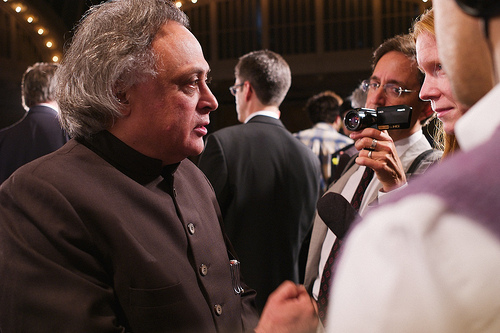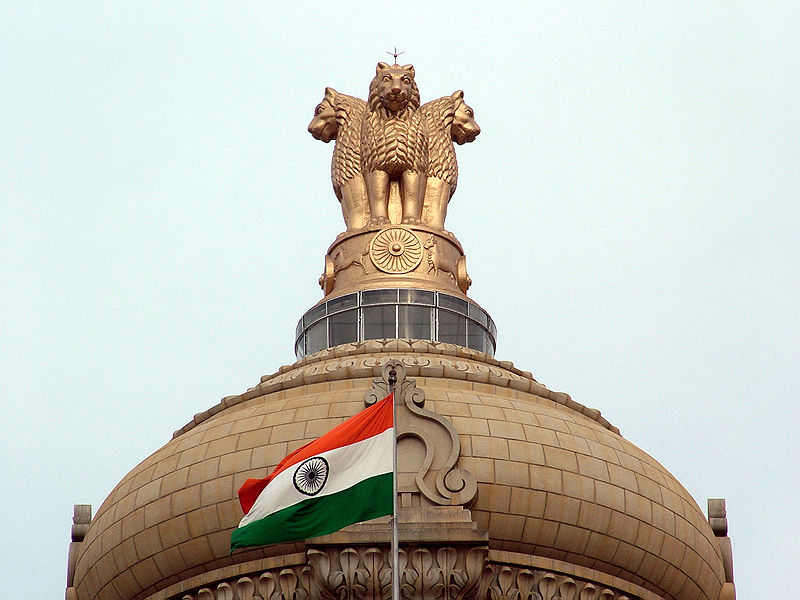 Indian Environment Minister Jairam Ramesh.As nations seek an international agreement to reduce global warming pollution, one of the biggest issues on the table is transparency. When a country says it has reduced emissions, other nations want to know they mean it. Transparency and accountability provisions are an essential building block of an effective international system to address greenhouse gas emissions.
Indian Environment Minister Jairam Ramesh.As nations seek an international agreement to reduce global warming pollution, one of the biggest issues on the table is transparency. When a country says it has reduced emissions, other nations want to know they mean it. Transparency and accountability provisions are an essential building block of an effective international system to address greenhouse gas emissions.
Last year at the U.N. climate change conference in Copenhagen, negotiators made a key breakthrough in the final hours. As a result of this breakthrough, developing countries will report national emissions inventories and emission reduction actions every two years. Making continued progress on this issue will be critical to a successful outcome in the climate conference now taking place in Cancun. As NRDC explains in their recent “Tracking Carbon with Transparency” fact sheet, “advancing progress toward robust measurement, reporting and verification systems is an imperative for the Cancun Climate Summit.”
Given all of that, it should come as no surprise that transparency and accountability have been among the major sticking points in the international negotiations this past year, with differing views among developed and developing countries on both the format and application of a monitoring, reporting, and verification (MRV) system. India recently proposed a new monitoring system for major emitters that aims to bridge some of these major differences and help facilitate an agreement.
However, a Nov. 15 letter [PDF] from Indian Environment Minister Jairam Ramesh to U.S. climate envoy Todd Stern and Deputy National Security Adviser Michael Froman clarifies that India’s proposed MRV system would be contingent on two things. First, India wants developed countries to provide money and technology assistance for developing countries. Second, most developed countries — with the exception of the United States — have signed on to the Kyoto Protocol and made commitments to reduce emissions. India wants nations which signed on to the treaty to make further emissions after the treaty expires in 2012. Without these two conditions, Ramesh wrote, the new MRV framework “will simply not fly.”
The gist of India’s proposal is that both developed and developing countries report their emission reduction efforts for international review, albeit subject to different reporting requirements and different reporting timelines. For example, developed countries would report on their emission reduction commitments and progress toward reaching those commitments, whereas developing countries would report on mitigation actions and the impact of those actions.
Commenting on Ramesh’s letter, Alden Meyer, director of strategy and policy for the Union of Concerned Scientists, sounded a cautiously optimistic note. “I’m not sure if Ramesh’s thing is what solves this, but the fact that he’s trying to put forward a proposal that bridges the gap is positive.”
Countries are currently considering India’s proposal and it is unclear exactly how they will react. The U.S. remains insistent that any international climate deal include international verification of developing country emission reduction actions, but China and some other developing nations insist that actions they take domestically should not be subject to international monitoring. But this latest effort by India may put increased pressure on China to soften its position, especially if the other BASIC countries show strong support for the proposal.


